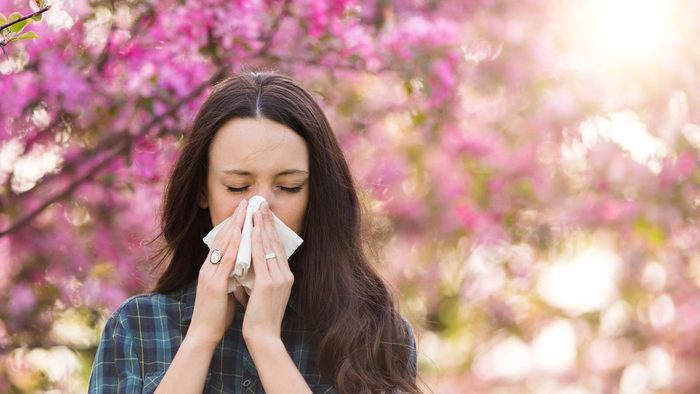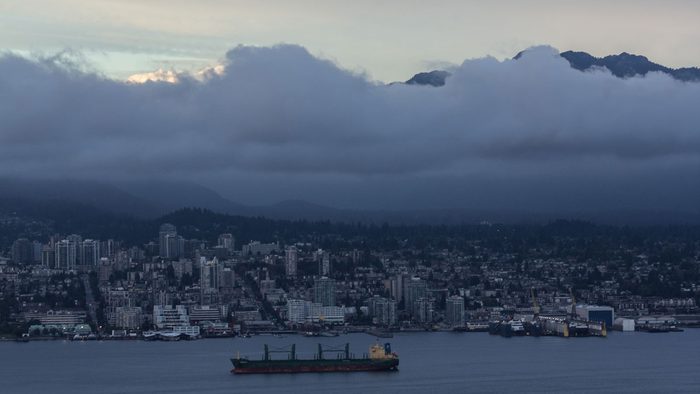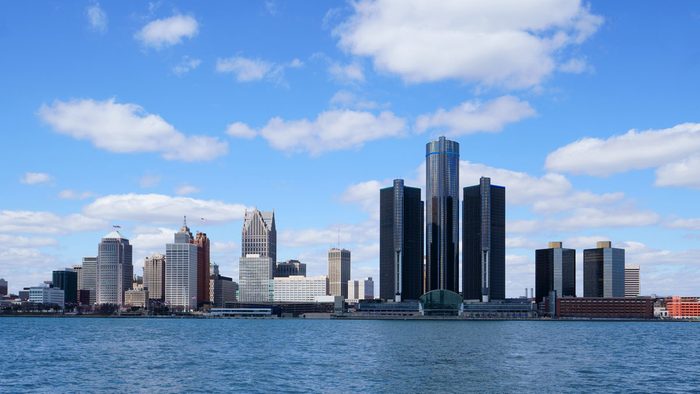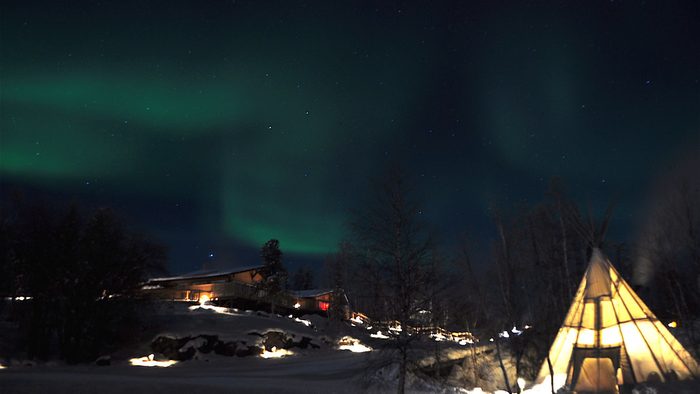
Edmonton
In the Prairies, the second most common allergy behind the universal allergy to cats is outdoor moulds, says Dr. Stuart Carr, an Edmonton-based allergist who has also served as President of the Canadian Society of Allergy and Clinical Immunology. “Any place that is a dry, agricultural sort of an environment, you’ll get a lot of mould,” explains Dr. Carr. He says moulds typically come from grain crops and other Prairie vegetation.
Unfortunately for those who are sensitive to this allergen, the levels can be very high in the late summer to the early fall and there is also a peak in the spring after the snow has melted.

Toronto
In Southern Ontario the most dominant allergen is ragweed. This common plant is unique to the region, with high levels starting in mid-August through to October. “It’s a very important allergen because it causes a lot of pretty significant symptoms in people who are sensitized to ragweed,” says Dr. Carr. This could include asthma-related symptoms like wheezing, chronic coughing and shortness of breath, as well as itchy eyes and a runny nose. To further complicate matters Dr. Carr says that there has been some evidence that communities who have banned the use of pesticides have added to higher levels of ragweed in those areas.

Vancouver
For those living in beautiful coastal city of Vancouver, the tree-filled landscape is a nature lover’s paradise, but for those with allergies to tree pollen it’s another story. Not only does Vancouver have a high concentration of trees to begin with, but the city’s urban landscaping also plays a role in allergies. Cities often choose to plant male trees to avoid the cleanup of seeds and fruit, which female trees produce, explains horticulturalist and allergy gardening expert Thomas Ogren. The problem with this is male trees produce allergenic pollen. The most common tree pollens seen in Vancouver are alder, oak and birch, which can cause severe reactions including asthma attacks for those with allergies to it. (While Vancouver may score poorly for allergy sufferers, it’s actually the best city in Canada for overall quality of living.)

Windsor
Pollution is a major issue to those living in Windsor thanks to its proximity to one of the busiest border crossings in the world – the Ambassador Bridge. While pollution itself isn’t an allergen, there is evidence that some pollutants may contribute to the development of allergies and a big one is diesel exhaust. “There are good models where co-exposure to these exhaust particles helps to facilitate the development an allergy to things like dust mites or cat allergen,” explains Dr. Carr who says there is quite a bit of support to suggest that the closer you live to a major trucking highway or route, the more likely you will have environmental allergies and asthma.
Related: These are the worst Canadian cities for air pollution.

Halifax
Coastal cities like Halifax may be able to enjoy their proximity to the ocean, but for dust mites, warm and humid air is the perfect combination to thrive. Invisible to the naked eye, dust mites are tiny spider-like insects, which come from the breakdown of household fabrics and furniture, as well as human and animal dander. With symptoms similar to hay fever, including sneezing and runny nose, many people with dust mite allergies also experience signs of asthma. Although dust mites are a universal allergy like cat, regions with a humid climate often see higher levels of this allergen.

Yellowknife
Although this northern Canadian city doesn’t have ragweed, much grass pollen or even dust mites, it does have another contender. “I see tremendously severe birch tree pollen hay fever in my Yellowknife clinic in the springtime and early summer,” says Dr. Carr, who explains that birch is a major allergen in this city because not only are there many birch trees, but the city doesn’t have any other allergens to speak of.
This article was originally published in May, 2018.
Next: These are the worst Canadian cities for air pollution.
